��the sky is silent / hard as granite and as fixed as fate��� Philip Larkin
Henry is jolted from sleep by a frantic scream. It�s coming from the street below his second-floor bedroom window. Heart drumming, he gets out of bed, walks over, and pulls back the corner of the shade. By the dim glow of the street lamp, he sees a man in a dark beret holding a screaming woman by the shoulders, pushing her back against a parked car. Even though it�s still dark out, the assailant is wearing sunglasses.
As Henry looks on, the man slams the woman hard in the face with his fist. The street goes silent as she slides straight down along the car door to the street. She does not move. The attacker bends down, grabs the unconscious woman by the ankles, and drags her into an alleyway behind a vacant building. Her arms bounce limply along behind her head, on and off the cobblestone pavement.
Henry Turner is scared shitless. He makes no move to help or call the police. He returns to his bed, gets in, and pulls the sheet tightly under his chin.
His bed has become a box, and the night is suddenly full of unidentifiable threats. Henry rolls over and over, flinching at every imagined sound.
_____
Henry Turner is a 57-year-old bachelor � a Vietnam veteran. There was a time when he could handle himself in tight situations. As a young man, he had enjoyed fistfights, or a good free-for-all. He had also earned the respect of his peers in some intense jungle firefights. But last night, for the first time, he had come face to face with the paralyzing fear that accompanies the helplessness of old age.
Henry runs a pawnshop just off Canal Street in New Orleans � a street lined with failing, or already defunct businesses. Every morning he takes a cab to work. He spends the day in a cage, looking through a tiny window, bantering with down and out characters over the pawn value of every type of item imaginable: cheap watches, wedding rings, knives, firearms of every gauge and caliber. And then there�s the personal junk that�s almost impossible to sell: old war medals, engraved cigarette lighters, even framed pictures of the family.
But the people who make Henry the saddest are the junk-sick musicians who come in and pawn their instruments, always promising to come back and pick them up. Most never did. These talented people, who seem to have been born with a purpose in life, had no problem letting it all slip-slide away. Staring at the world through flat eyes of compromise � just as lost as the rest.
But this morning, Henry can�t think about these mundane things. He can only reflect on last night, and hammer himself mentally over his total lack of nerve. He has heard stories about people who have failed to act when another person was in trouble, and he had always assumed that he would step up and do the right thing.
Now, there�s no way to justify his failure as a man. He laughs aloud at himself, in derision. He is overwhelmed with self-loathing and shame, muttering over and over, �If only I�d had a gun, things would have been different.�
When the cab driver turns and asks if he is okay, Henry goes silent, and turns his head to stare out the window. He is thinking, making up his mind. He can almost hear the sound of something cracking inside his head. Tonight, he will take a pistol from the shop, and set out on a crusade of redemption.
_____
Posing as a likely victim, Henry goes on the hunt. Like Charles Bronson in �Death Wish�, he wanders through late-night New Orleans trying to bait muggers, thugs, and punks � the �Big Easy� low-lifers who will kill you for whatever is in your wallet; take you out, for anything you�re carrying or wearing they can sell, or pawn for a few bucks.
He chooses the most likely areas in the city: public parks, subways, seedy bars, and the most notorious streets. For six months, Henry fishes, casting out line after line, in relentless pursuit of a bite. All his days and nights are the same. But there is no reprieve from his misery.
Everyday Henry becomes a little more unbalanced, moving more and more into his own private fantasy world. The newspapers are filled with the usual crime reports: robberies, killings, and rapes � most happening in places Henry has trawled many times.
He talks to himself in public. People are frightened and move away from him. Henry Turner moves through the streets of New Orleans like a leper.
Trying to draw attention to himself, he plays the drunk, giving away money to strangers on the street, and in the subway. He knocks on the doors of known crack houses and drug dealers, trying to provoke some sort of reprisal. Nothing happens. There are no takers. For Henry, the world has become a confusion of thingless names and nameless things.
Frustrated, Henry begins to believe he is wasting his time hunting for just any animal. He should be looking for one man, a lone wolf that roams his own territory.
He convinces himself that he can just go home and wait. Sooner or later the same predator will return to the familiar circle of his own hunting grounds.
_____
As he waits, Henry tries to focus. He attempts to organize his thoughts, and stop the voices in his brain that wag on, accusing, laughing, then falling silent � leaving echoes that ring and rattle around his head like dissonant bells.
He cannot allow this disorder to break his concentration. He must control his own destiny. He has crept to edge of the abyss, and is unable to move forward or back. Fate, which had opened the break, is powerless to seal it up. The possibility of salvation has become a fading image of despair.
Driven by some inner compulsion, he goes without food, as if waging some kind of inner war against his own body. He will not give himself permission to eat or sleep. He has withdrawn into perfect solitude, the sole spectator and witness to Henry Turner�s victory over human frailty.
He sits naked on the floor of his bedroom, cheek resting on the stock of a Winchester Model 70. Bloodshot eyes peer into the darkness chance has created for him. The barrel of the rifle is propped on a stack of cardboard boxes that have been pushed up against the windowsill. It�s early morning, and the August sun is fighting to push its way through a mass of gray clouds.
The air conditioner is broken, and it�s already muggy as hell in the apartment. Debris is scattered across the floor. Ammunition and firearms are strewn everywhere: pistols, rifles, and shotguns. The telephone has been torn from the wall, and the television screen is shattered. A claw hammer is lodged in the fracture, hanging there, like a modern art masterpiece.
Henry talks quietly to himself as he aims, dry-fires the rifle, operates the bolt, and then repeats the sequence �o ver and over. He is coaxing himself to hold out a little longer. All he has to do is wait. He has been patient for almost a year, ever since fate had blown this cause his way.
He wonders how he has managed to muddle through his life for so long � every empty day, the same as the one before. He tells himself that this is the way it has to be, or else how can a man become better; make a move from weak to strong, from pointlessness toward some meaningful goal. But is it enough just to be a man? Maybe a man must struggle toward sainthood � be willing to risk everything for nothing.
He rocks back and forth singing softly as he takes aim, and pulls the trigger � �Oh, when the saints - go marching in � when the saints go marching in��
The gray clouds have won out. The sun will not break through on this morning. Outside the wind is kicking the rain across the cobblestone pavement.
_______
If Henry Turner�s television had been in working order, or if he had left his stronghold long enough to pick up a newspaper, he would have known the hurricane was coming. He may even have had enough sanity left to get the hell out of town. But he was caught totally unaware when Katrina�s eye made landfall at 6:10am on Monday, August 29th.
It was slightly after 11:00am, when several sections of the levee system in New Orleans collapsed, and the city was completely flooded by the fast-moving waters of Lake Pontchartrain.
_____
Henry Turner�s wasted body was found in early September by a boat-team of National Guardsmen, searching for survivors. They were totally baffled by the bizarre scene in the second floor apartment � something right out of Baghdad � a one-man bunker with enough firearms and ammo for a platoon of soldiers.
There was no sign of a firefight, no empty shell casings on the floor, or bullet holes in the walls. All of the ammo boxes were unopened except for one. These rounds were accounted for in the magazine of the rifle that was lying across some boxes in front of the open bedroom window.
They left the body where it was, and marked the side of the building for the dead-body recovery team.
______
In an interview in November, executive director of the Center for Society, Law and Justice said, �This is one of the most interesting experiments in crime we�ve ever seen. Without effective courts, corrections, or rehabilitation, the crime rate has been reduced 100 percent. Hurricane Katrina has been the greatest crime-control tool ever deployed against a high-crime city. Before the storm, New Orleans was reeling with a daily round of killings, as bad as any in the city�s history. In the three months since the storm hit, the city�s murder count has stood at zero.�
Some statisticians were inclined to break it down into a formula that went like this: There are a certain number of folks inclined towards crime. Call it p. There are a certain number of victims in the wrong place at the wrong time. Call that q. Crimes require the intersection of the p criminals and the q victims, leading to a number of crimes of p times q. What has happened in New Orleans is that the number of criminals has been reduced - say to p/10, and the number of potential victims to q/10. Now the number of intersections of those two groups is smaller by an order of magnitude at pq/100.
A well-known television holy man said that it was not so complicated, or hard to understand. It was a simple matter of God, once more, taking matters into his own hands.
_____
Meanwhile, American refugees wade across the six o�clock newsreel, thrashing around like dark birds tangled in an invisible net. A thousand arms reach toward the sky, begging for a little mercy �
All, except for one man sporting a black beret, and wearing dark glasses, who stands apart from the rest of the crowd in his own muddy space. Looking up and laughing, he jerks an arm toward the circling TV helicopter � an obscene middle finger thrust toward law and justice, analysts, statisticians, politicians, and any other impotent gods, who might be looking on from beyond the clouds.
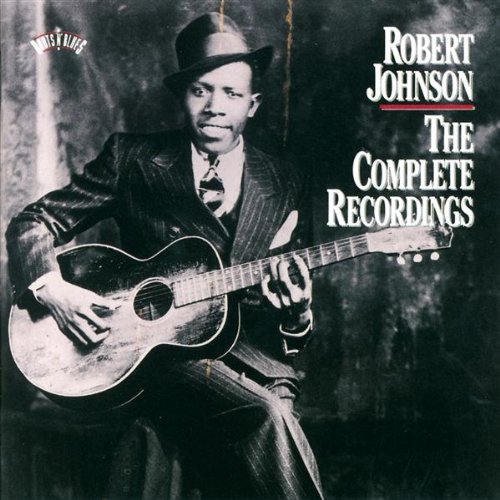 ROBERT JOHNSON
ROBERT JOHNSON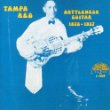 TAMPA RED
TAMPA RED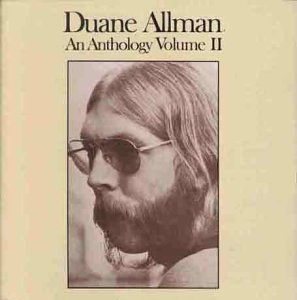 DUANE ALLMAN
DUANE ALLMAN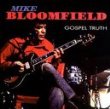 MIKE BLOOMFIELD
MIKE BLOOMFIELD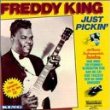 FREDDIE KING
FREDDIE KING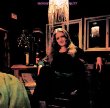 BONNIE RAITT
BONNIE RAITT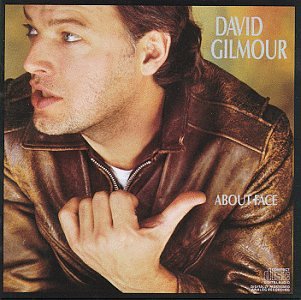 DAVID GILMOUR
DAVID GILMOUR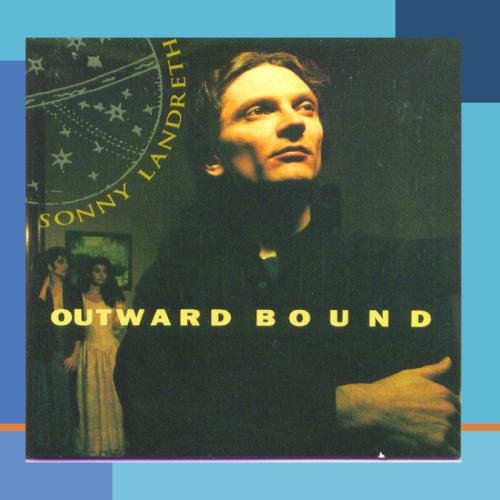 SONNY LANDRETH
SONNY LANDRETH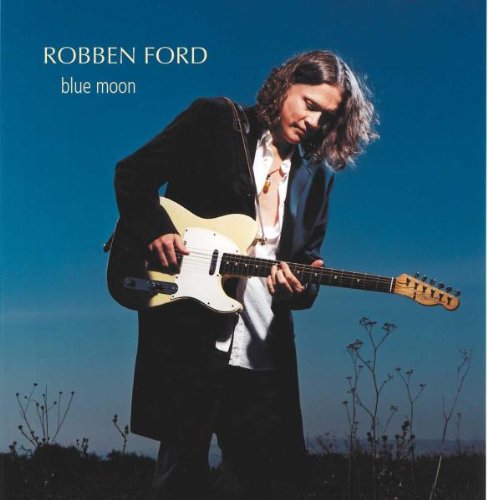 ROBBEN FORD
ROBBEN FORD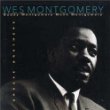 WES MONTGOMERY
WES MONTGOMERY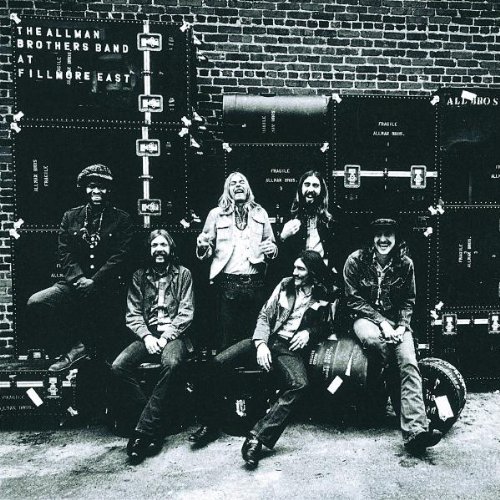 ALLMAN BROTHERS
ALLMAN BROTHERS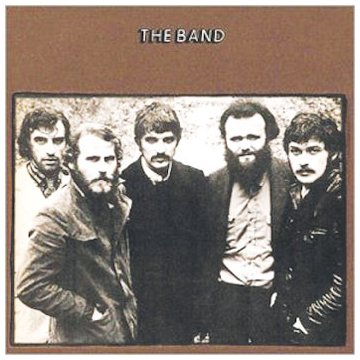 THE BAND
THE BAND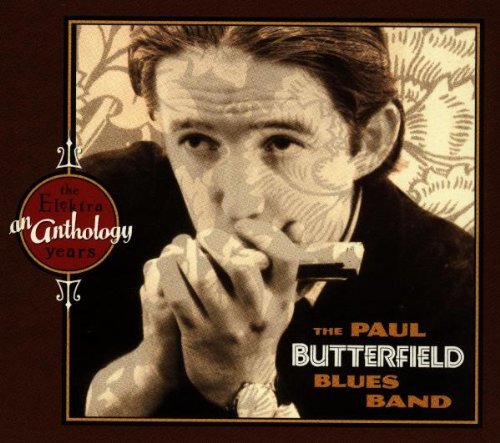 PAUL BUTTERFIELD BLUES BAND
PAUL BUTTERFIELD BLUES BAND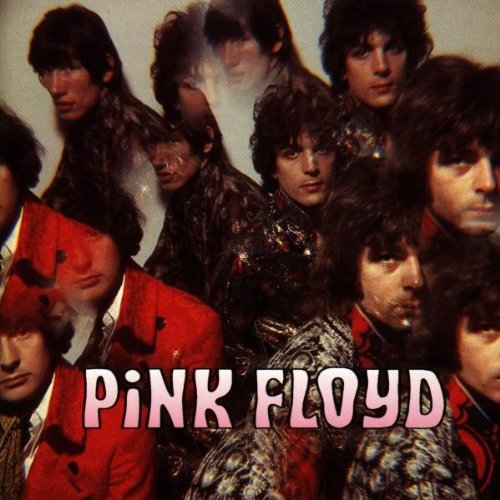 PINK FLOYD
PINK FLOYD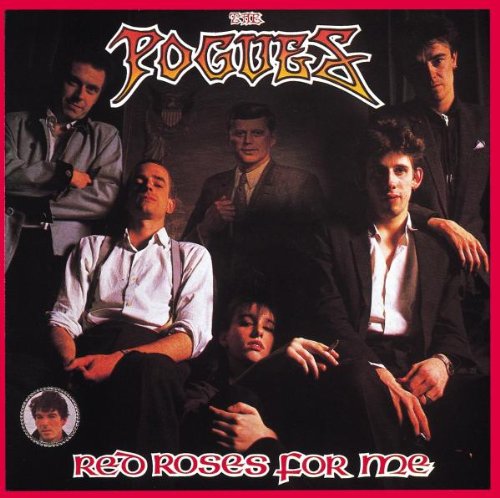 THE POGUES
THE POGUES